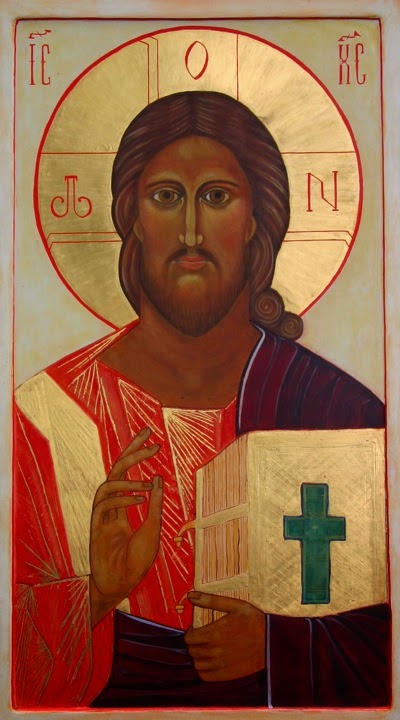June Trinity
John
17: 6-11
I
have made manifest your name to those human beings who have come out of the
world to me through you. Yours they were, and you have given them to me, and
they have kept your word in their inmost being. Thus they have recognized that
everything which you have given me is from you; for all the power of the word
which you have given me I have brought to them. They have taken it into
themselves and have recognized in deepest truth that I come from you, and they
have come to believe that I have been sent by you . I pray to you for them as
individual human beings, not for mankind in general. Only for the human beings
which you have given me, because they belong to you. Everything that is mine is
yours and what is yours is mine, and the light of my being can shine in them. I
am now no longer in the world of the senses. And I am coming to you. Holy
Father, keep, through the power of your being, those who came to me through
you, so that they may become one, even as we also are one.
John 17: 6 – 11
The child is cradled and guided by folk and family. They are
the forces that guide the child’s life and form its
character. When the child
becomes an adult, s(he) takes over the responsibility for shaping and forming
his/her own life. In fact one could say that until one makes one’s own
decisions and exercises one’s own strength of character, one remains a child,
regardless of age.
In the history of humanity, and in our lives, guidance once
came from outside; as adults it comes from deep within the core of our own
individual being. It is not always easy to live out of the depths of the heart,
particularly if folk and family try to dictate and pressure us otherwise.
In this Gospel reading, strangely Christ says to His Father:
‘I pray to you for them as individual human beings; not for mankind in general,
but for the human beings that you have given to me.’ John 17: 9 Living out of
one’s core self is often a lonely proposition. But Christ supports our
attempts to strive for authenticity. For He carries the pattern of each
individual’s true self. He is our silent partner along the path. In Him we
live, even when we die. In the words of the poet:
 |
| Simeon Solomon |
I am not I.
I
am this one walking beside me whom I do not see,
Whom at times I manage to visit,
And whom at other times I forget;
The one who remains silent when I talk
The one who forgives, sweet, when I hate,
The one who takes a walk where I am not.
The one who will remain standing when I die.[1]















